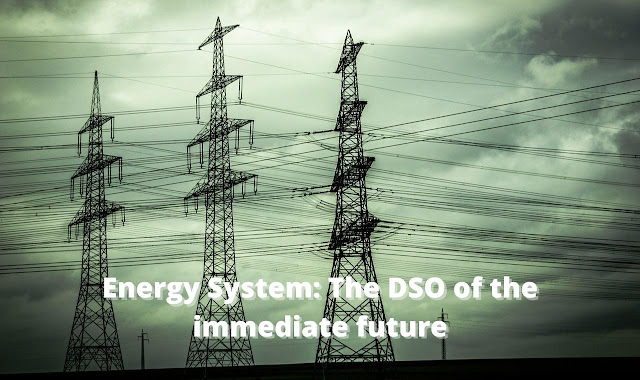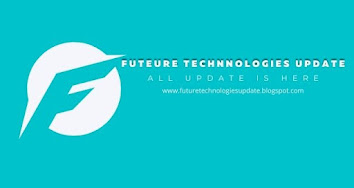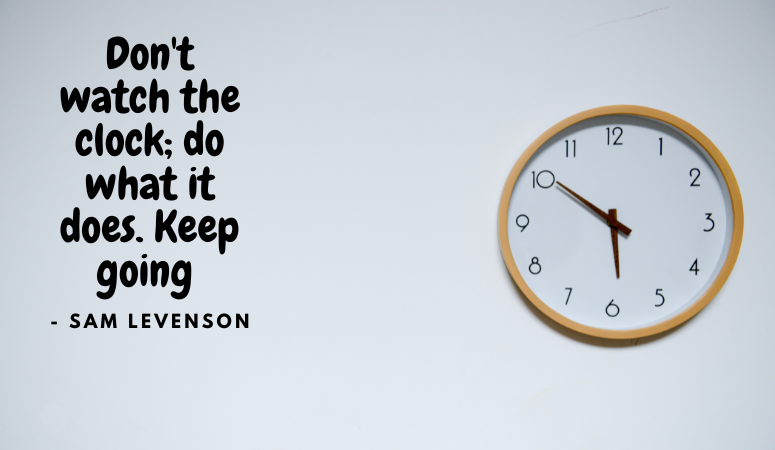Energy
System: The DSO of the immediate future
 |
| Energy System: The DSO of the immediate future |
The "energy system
transition" involves the transformation of electrical networks, and their
digitization goes beyond their equipment. It is a new paradigm based on radical
changes in the traditional vertical way of operating networks towards
horizontal management. This change is driven by the penetration of renewable
energy system generation, batteries, and e-mobility through the
integration of ICT and energy system management by distributed
intelligence.
DSOs must continue to manage the voltage
(voltage level) in the networks as always, but with increasingly complex
variables, conditions, and elements to take into account. Ensuring the security
of supply and proper maintenance of the electricity network is and will always
be the "raison d'être" of the DSO. But now it's time to innovate!
In the coming years, more and more
customers will have smart meters installed, and the use of electronic invoicing
is increasing rapidly. Countries, where smart meters are deployed, will be able
to improve the relationship between utilities and customers. There is already a
significant shift towards more technical issues in customer questions and needs
(how to connect to the grid, how to install EV chargers and solar panels... They
are also wondering about capacity needs or how to react to capacity cues). The
DSO must facilitate the connection of the customer's new technology to the
network.
However, at a time when the role of the DSO
is becoming increasingly important in a more complex and decentralized
energy system, the DSO remains the invisible actor. That must change.
The current network is the result of 100
years of history during which the network was operated the same way as day one.
The networks were designed to send energy in one direction only (from the
point of production to the point of consumption) and for a connected consumer
who only consumes (professional consumers and active consumers are only now
beginning to be regulated). Today, whether the prosumer supplies its surplus
electricity or requests it from the network, in both cases, the DSO must ensure
a reliable and uninterrupted connection. The DSO network was also built to be
managed in a non-interconnected way. This does not facilitate efficient
integration of distributed generation, which in turn involves more intermittent
energy flows,
So, on the one hand, we have more planned
interconnections, storage, e-mobility, sector integration, demand response,
smart grids, and other emerging flexibility solutions. These solutions are
essential for the energy system transition. On the other hand, we have
obsolete DSOs whose main purpose for a hundred years has been to ensure that
there are no power outages and to restore power as quickly as possible, which
in turn required relatively little innovation and strategic thinking (compared
to other companies facing much greater competition).
From now on, the DSO will have to cooperate
with other system operators and new participants and exchange data.
Digitization is a sine qua
non, but digitization alone
does not guarantee the survival of DSOs in an ever-changing market. They need
to start adding value with new energy system services because the global
energy value chain is about to be structurally disrupted.
DSOs risk ending up in a death spiral, with
lost revenue for less-connected consumers. Just imagine horizontal real estate
buildings organized as a local energy system community with a single
connected consumption point, instead of having as many points as apartments. In
addition, DSOs face new costs, including network modernization and resilience.
Eventually, costs could overwhelm revenues and many DSOs could perish under the
weight of their intransigence and archaic structure.
But the DSOs are no dinosaurs, ignoring any
signs of their impending and fatal extinction. DSOs know their killers and can
optionally befriend them and/or impersonate them. DSOs need to react now to be
ready to play in the market and team up with other market players. If they do,
we will see the rise of digital multi-utilities.
I believe that eventually, consumers will
no longer pay for energy, but rather for services and products that allow them
to interact with the network without losing their comfort or improving their
energy experience. Just as we stopped paying for the number of minutes of
the telephone conversation, we will stop paying for the number of KWh we
contracted.
This major change could indeed present
certain analogies with the revolution of the telecommunications sector at the
end of the 20th century. The telecommunications sector, traditionally rooted in
a natural monopoly, has been exposed to international competition; political
pressure pushed for unbundling, and there was consumer pressure to deregulate
access to infrastructure.
Utilities could be in the next decade(s)
what CLECs were in the 1990s, taking advantage of regulatory openings that
allow new operators to offer new services that customers could potentially pay
more for while guaranteeing them access to the incumbent operator's network for
a small fee. The telecommunications bill has risen steadily for the average
consumer, not because of increased tariffs to pay for intangible benefits like
network resiliency, but because customers see the value in new services, like
the ability to track a real-time yoga class in the Himalayas through their cell
phone on Wall Street. For many, these services are worth the extra expense.
Until now, as a consumer, I have only been
concerned with low energy prices and reliability (and lately also with the
renewable origin of my energy supply). So what could utilities give me that
would make me happy to continue using them and even pay more for them? For
example, could someone take care of the active engagement that has been
expected of passive consumers so far? Because honestly, anything that takes
more effort than paying the bills and turning the light switches on and off
isn't very appealing to the average person.
Self-consumption, storage, e-mobility,
micro-grids, energy system communities, and off-grid trends bring
new opportunities and alternatives for the customer. But they also pose
challenges, because customers don't always know how to do it. DSOs enable all
of these new developments from a technical perspective, and they should partner
with customers to facilitate their increasingly active role in the
energy market as a reliable and trustworthy partner. The DSO should be a
catalyst enabling customers to take advantage of the services offered by
energy suppliers. The DSO can guide customers to find the best solutions
for them and the network, while always ensuring a consistent connection to the
network.
The new developments mentioned above could
threaten the security of supply by entailing certain risks regarding the new
way of managing the network without the appropriate advanced tools. DSOs should
help and facilitate the flexibility expected from customers, guaranteeing the
security of the system as a whole. The market organization is essential and
DSOs, as neutral actors, are perfect for effectively providing the necessary
coordination and cooperation to all participants.
In addition, strategic communication is
crucial. DSOs' traditional passive approach to customer communication has come
to an end. The DSO must anticipate the information customers need and address
it with tailored technical data. In other words, DSOs must build trust and
become trusted partners for customers 24/7. Their goal must be to reduce
complexity, providing them with early and fast response times and high-security
standards in the world of big data.
In conclusion, in a scenario with
prosumers, decentralized energy system, and new modes of production and
consumption, DSOs must actively create greater value for the connected consumer
and explain the unknown benefits of staying connected to the grid so that
parties concerned can benefit from all the advantages of the distribution
network which has begun to transform.












No comments:
Post a Comment